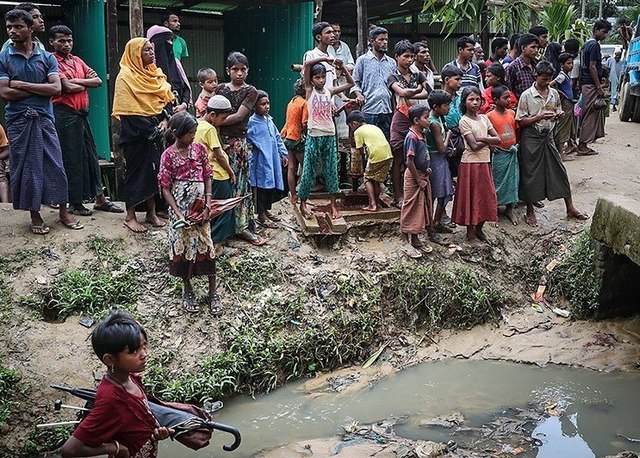A second summit between United States President Donald Trump and North Korean leader Kim Jong-Un, in the Vietnamese capitol Hanoi has past without any agreement.
President Trump said that he could not agree to Chairman Kim’s demands for lifting all sanctions on North Korea, in exchange for dismantling the Yongbyon nuclear complex. North Korean officials rebuked Trump’s comments, stating that they only wanted some key sanction lifted. It seems that both sides were not willing to budge and find some middle ground towards a first major agreement on the issue of denuclearisation of the Korean peninsula. .
With two summits past, surely a third meeting between President Trump and Chairman Kim could only occur in the future if there is much more groundwork between diplomats from both sides. I was sceptical of the first summit in Singapore in 2018, but afterwards agreed that it was a ice breaker of shorts, to get the ball rolling. Even though the outcome of the first summit was just a vague statement agreed between the two leaders, the future was looking brighter.
Over the eight month gap between summits, senior diplomats met numerous times, including U.S Secretary of State Mike Pompeo and his North Korean counterpart Foreign Minister Ri Yong-ho. I was think when the second summit was announced, the diplomats had reached either an agreement ready to be signed or at least a roadmap to present at the summit, but from the sudden collapse of talks, this does not seem the case.
So what next? It’s too early to speculate on a long term path, but signs of North Korea rebuilding their main rocket launch sight in Sohae, and images indicating a planned missile launch at the Sanumdong facility, are not good signs for future negotiations. If these actions are true, Chairman Kim is just trying to pressure the U.S into making concessions.
If both sides are truly interested in finding a solution, a long term road map is required. The issue is how to come to an agreed roadmap, as both sides differ on what denuclearisation means. The Trump administration wants a Complete, Verifiable and Irreversible Dismantlement (CVID) of North Korea’s nuclear programme, and Chairman Kims wants full sanctions relieve and security guarantees (including an official peace agreement). To overcome these differences, as indicated at the failed second summit, some slight sanctions relieve may be required to allow North Korea to follow through with commitments they have announced, including dismantling the Yongbyon nuclear complex. If both parties can agree to some small concessions, I think this could be a way forward in future talks.
More trust is required between both sides. Perhaps as been mentioned by experts, a liaison office in both countries, will assist in coordinating future negotiations on a more regular basis. Also, a more multilateral path in negotiations could spur on further discussions. Although, the Six-party talks in the early 2000s failed, more involvement of both South Korea and China could be the key to overcome differences between American and North Korean objectives. As China is the only major backer of North Korea, and South Korea forging greater relations with their counterparts in the North — and with both counties likely to suffer most in any military conflict between the U.S and North Korea, their direct involvement in discussions are paramount in a future roadmap to denuclearisation on the Korean Peninsula.









